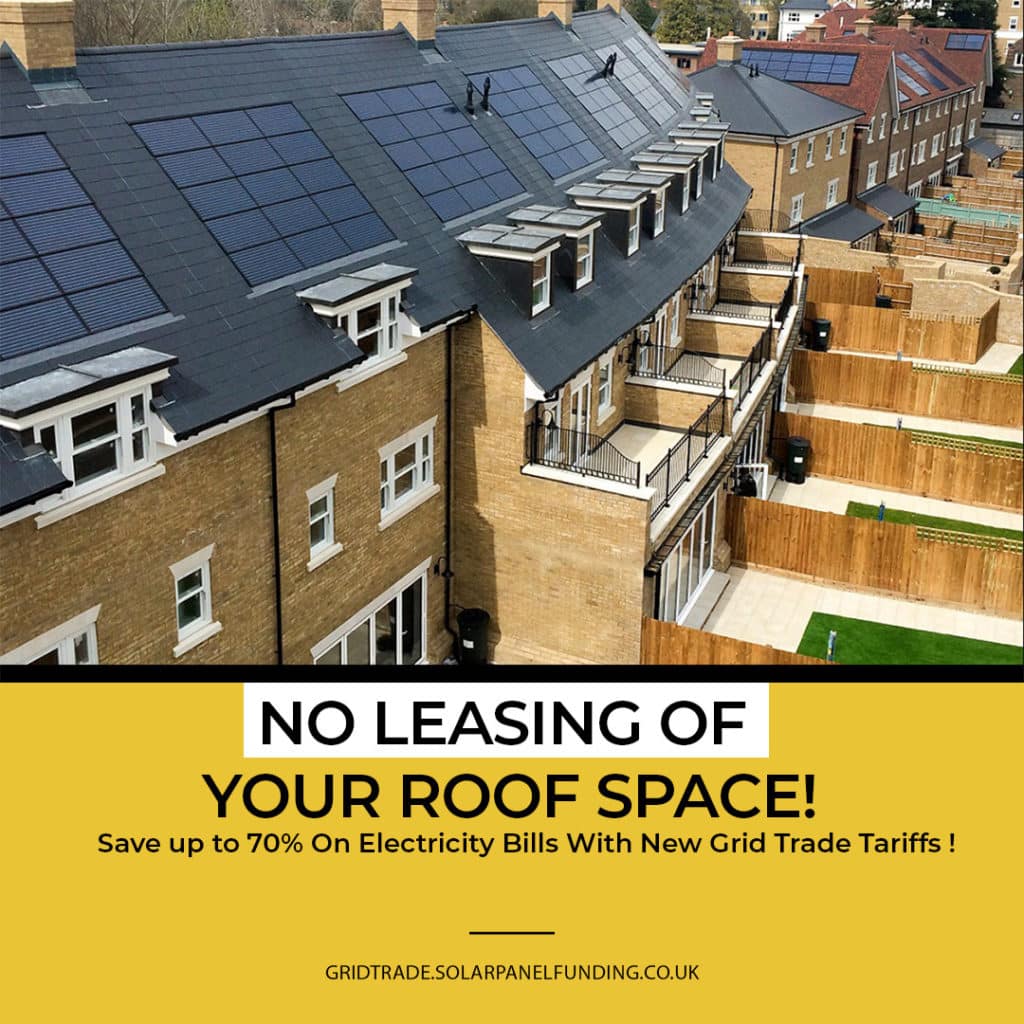UK house prices have increased by 10.9% in the year up to May, the highest level seen in seven years, according to the Nationwide
The average house prices in the UK has risen to £242,832, an increase of £23,930 over the past year.
Home-buyers are in a “race for space” as they seek larger homes and properties with gardens, Nationwide said.
“The market has seen a complete turnaround over the past twelve months,” said Robert Gardner, Nationwide’s chief economist.
A year ago, the activity of house prices collapsed in the wake of the first nationwide lockdown with housing sales falling to a record low of just 42,000 in April of 2020, he said.
This comes after UK Steel tycoon Sanjeev Gupta is selling seven UK plants employing 1,500 people in a restructuring following the collapse of the lender Greensill. They include Liberty Steel’s largest site in the UK, its aerospace and special alloys business that is located in Stocksbridge, near Sheffield, where 762 are currently employed.
“But activity surged towards the end of last year and into 2021, reaching a record high of 183,000 in March,” Mr Gardner said.
He added that the extension of the stamp duty holiday from its original end date of March helped to maintain momentum in the market, but it is not the key factor pushing up prices now.
“It is shifting housing preferences which is continuing to drive activity, with people reassessing their needs in the wake of the pandemic,” he said.

According to the building society’s research, there’s “a race for space” with people moving to access a garden or outdoor space more easily.
“The majority of people are looking to move to less urban areas,” Mr Gardner said.
Tax breaks introduced during the COVID-19 pandemic to boost the housing market and, in turn the UK economy, have had a marked effect within the last 12 months.
The property purchase tax had been suspended on the first £500,000 of all sales within both England and Northern Ireland from July in order to support the housing market.
This comes after ministers have backtracked over local travel advice for eight areas worst hit by the Indian Covid variant, after a change in advice led to confusion. The amended advice has asked people to minimise their travel into and out of the eight areas that are: Bolton, Blackburn, Kirklees, Bedford, Burnley, Leicester, Hounslow and North Tyneside.
Similar support for homebuyers was introduced in Scotland and Wales.
The tax relief was due to end across the whole of the United Kingdom at the end of March, prompting a surge in sales in order to beat the planned cut-off date, but only Scotland has stuck to that deadline.
England, Northern Ireland and Wales extended relief to the end of June.
After that in England and Northern Ireland, the nil rate band will be set at £250,000, which is double its standard £125,000 level, until the end of September.
